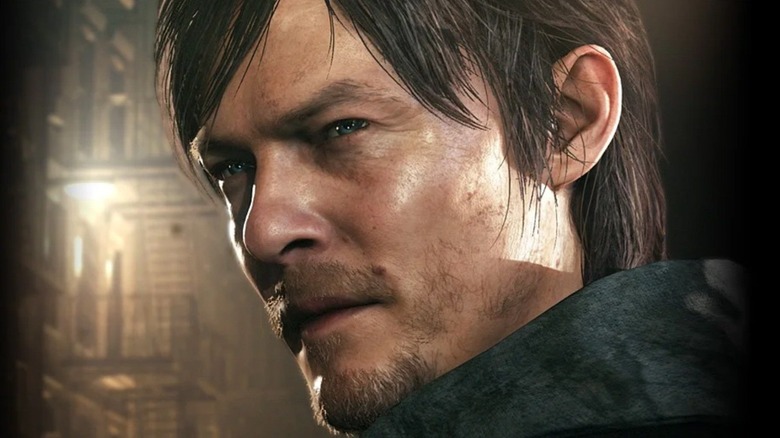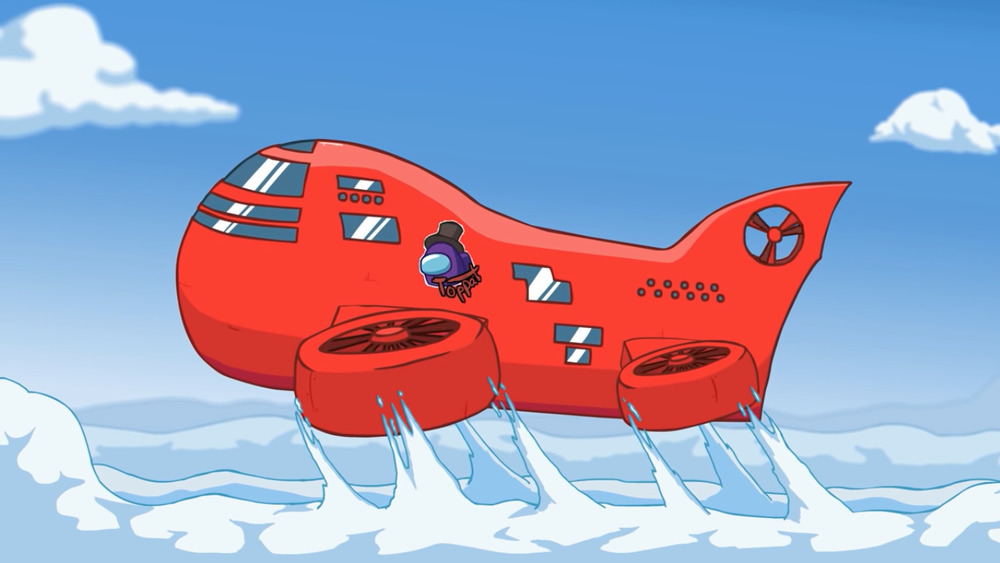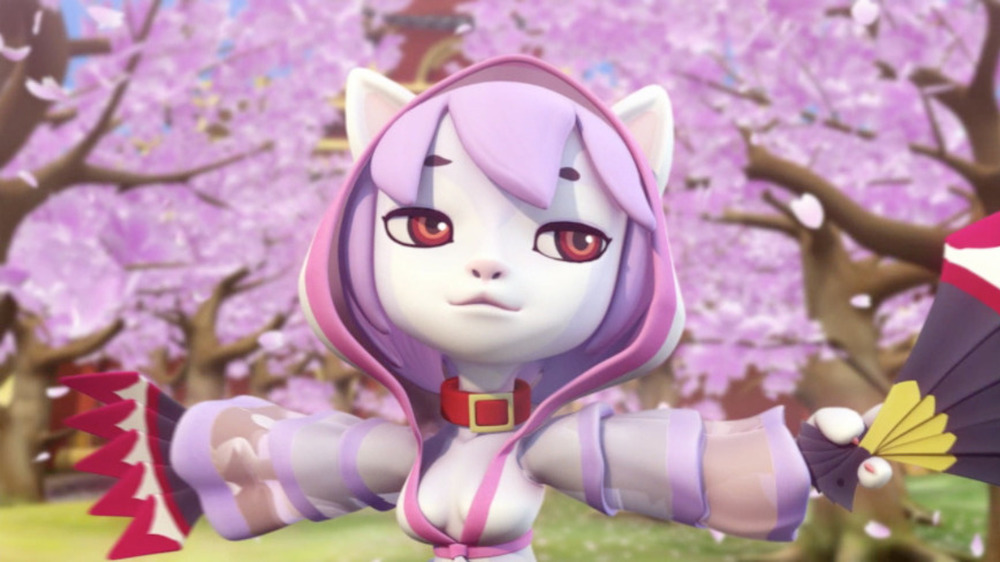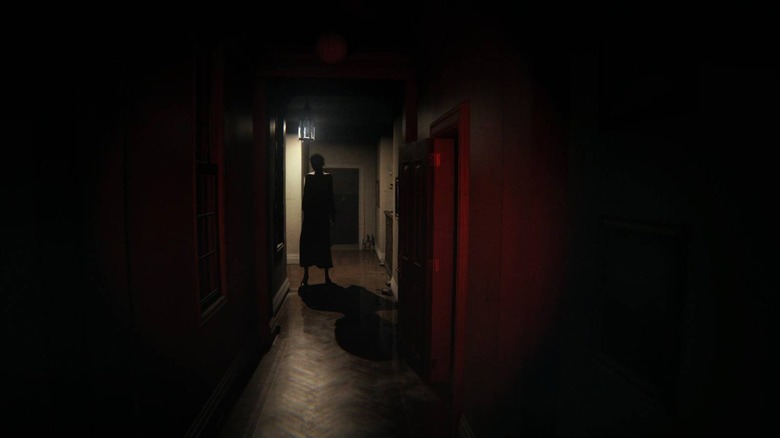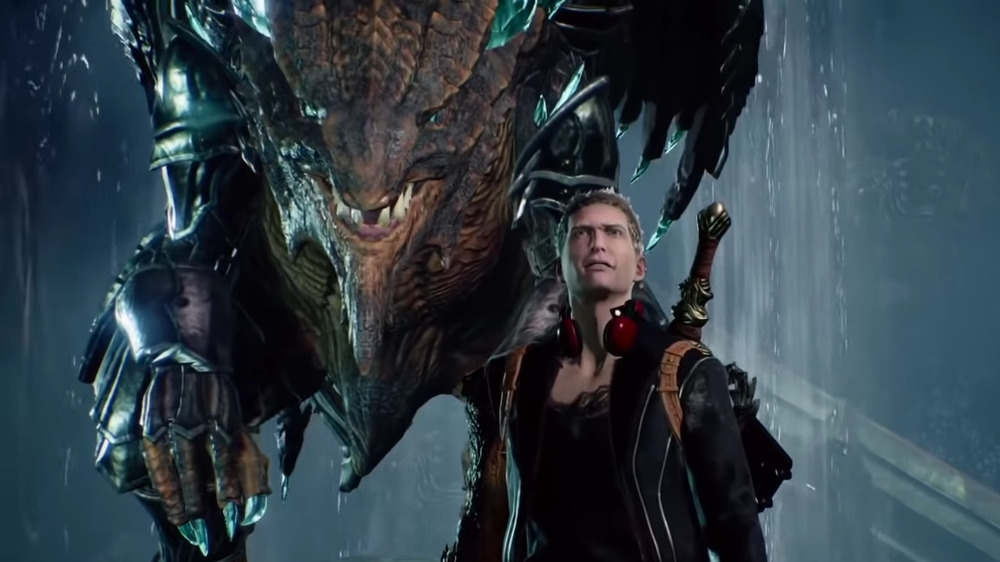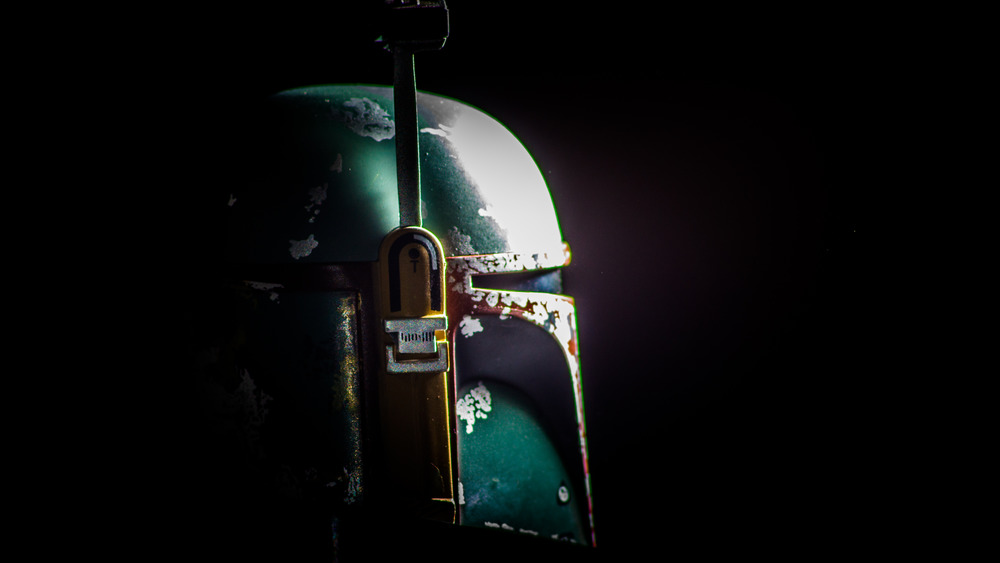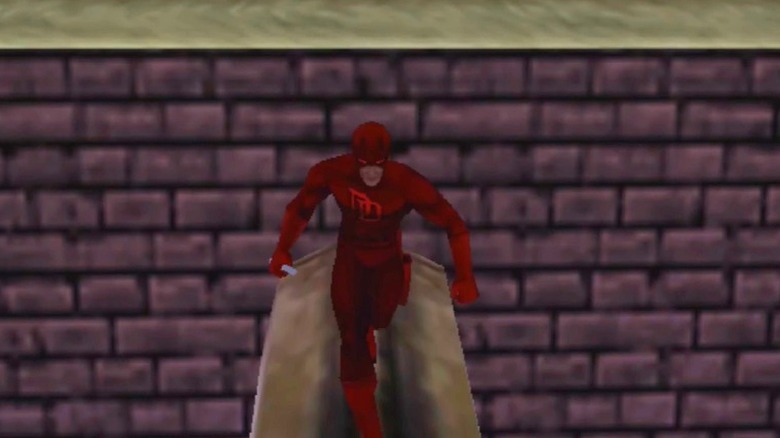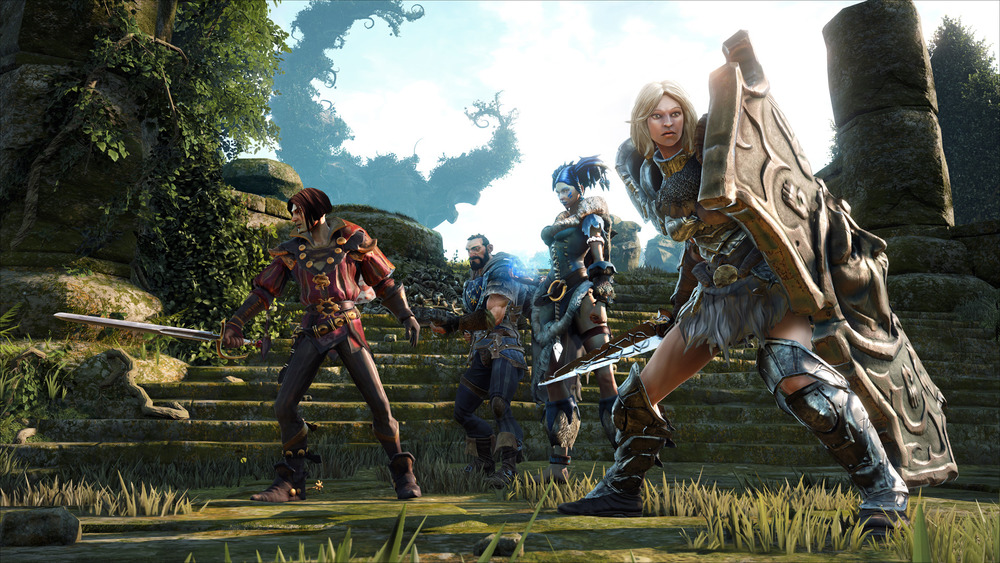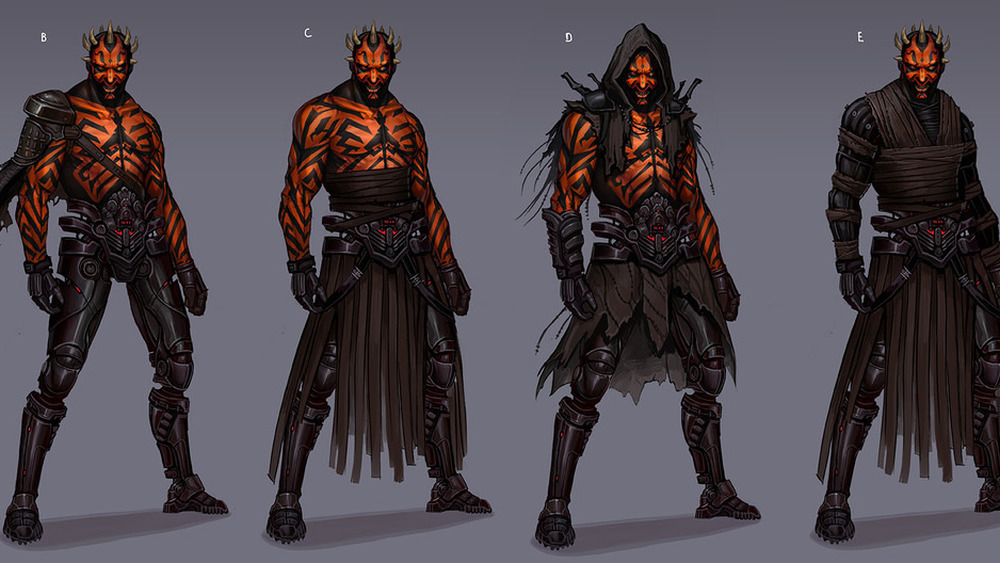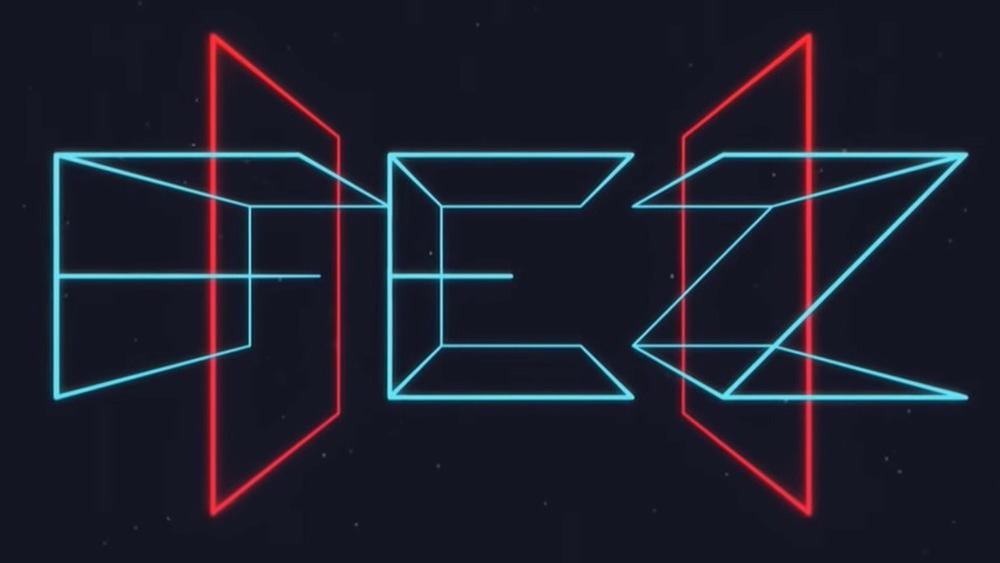Bizarre Reasons These Games Were Cancelled
There are few things more disappointing than looking forward to an upcoming game only to see it get cancelled. It can happen in just about any dev cycle, whether a title is stuck in the planning stages or has several trailers under its belt. There are plenty of causes for a game's cancellation, and sometimes those causes can be outright weird.
From high profile projects with releases tragically wiped from the calendar to sequels for cult classics that suddenly shifted business models, there are some truly bizarre stories behind some of gaming's most notable cancellations. Some fans still hold out hope that these projects will one day pick up steam again or that another publisher might swoop in and save them from oblivion, but it's difficult to ignore some of the oddities behind certain highly anticipated games that met untimely ends.
Check out some of the bizarre reasons why these games were cancelled.
Among Us 2 was announced and cancelled because the original was too popular
When Among Us released in 2018, the quirky, space-faring whodunnit game received little fanfare. Nearly three years and one ongoing pandemic later, the indie title became one of the most popular games to stream and play with friends, no matter the distance. The sudden popularity boom spurred developer InnerSloth to announce that a sequel was in the works in August 2020. That same boom acted as the undoing for the sequel down the line.
While assets were already being developed for a new map and Imposter animations, InnerSloth stated in a blog post that all of those new elements would instead be rolled into a major update for the original game, effectively cancelling Among Us 2. While fans wouldn't argue with more Among Us content down the road, this was certainly a strange way to get it.
Ambition killed Kaio: King of Pirates
The troubled development of the now-infamous Mighty No. 9 was rife with budgetary issues and an inability to fulfill its several Kickstarter stretch goal promises. It's a cautionary tale for the risks of crowdfunding game projects, but it's also a major blemish on former Mega Man figurehead Keiji Inafune's post-Capcom career. But this wasn't the only debacle Inafune's teams at Level-5 Comcept and Intercept suffered. There was also the cancelled Kaio: King of Pirates.
Kaio was going to be a Nintendo 3DS exclusive featuring cute animal mascots in an epic pirate-themed adventure. In March 2015, publisher Marvelous confirmed its cancellation in an official press release translated by Siliconera. Marvelous reportedly cited a shifting marketplace and mixed media roadblocks as the reasons for the game's cancellation. Shortly after, Comcept announced Mighty No. 9's first major delay and its collaboration with Deep Silver Productions on the project. Though no official correlation between Mighty No. 9 and Kaio's development was ever made, Comcept certainly built a reputation for biting off more than it could chew.
Silent Hills/P.T. was the victim of a messy breakup
Of all the cancelled games, few are as tragic as the death of the highly-anticipated Silent Hills. Hideo Kojima and Guillermo del Toro were going to team up on a continuation of the classic franchise, and it was going to star The Walking Dead's Norman Reedus.
Unfortunately, Silent Hills became a casualty of the internal power struggle between Kojima and Konami. As Konami shifted toward mobile gaming, the company provided less wiggle room for Kojima and his team to kick Silent Hills development into full gear. Things only got worse from there, with Konami's legal team reportedly preventing Kojima from accepting awards for Metal Gear Solid 5 at the 2015 Game Awards — despite claiming that Kojima still worked for the company.
When Kojima's departure eventually became more official, Konami formally announced the cancellation of Silent Hills. Konami even removed its popular preview title, P.T., from the Playstation Store. Kojima would eventually work with Reedus again on Death Stranding, his first game under his own independent studio. Still, it's hard to ignore how this divorce of industry titans affected the production of what could have been one of the scariest horror games ever.
Scalebound's publisher and developer just didn't have the right chemistry
PlatinumGames is known for underrated gems such as Bayonetta and Astral Chain. The former Xbox One exclusive Scalebound looked to inherit the same spirit with a stylish protagonist fighting alongside a massive dragon. Announced in 2014, its untimely cancellation came a scant three years later, even after multiple gameplay showings.
Though people were quick to blame Microsoft for the game's sudden demise, the ever-increasing scale and other challenges caused cold feet for both publisher and developer. In an interview with VGC, PlatinumGames studio head Atsushi Inaba insisted, "both sides failed." According to Eurogamer's sources, issues with the game's engine, intense workload, and missed deadlines contributed to Scalebound's cancellation.
It's difficult to say whether it's better to cancel a game when production gets unwieldy or press forward and risk releasing a buggy and unfinished offering. Regardless, the Scalebound-shaped holes left in fans' hearts won't be easy to fill again.
Star Wars 1313 was in the wrong place at the wrong time
Star Wars 1313 was a cult legend among the fandom. Formally announced at E3 2012, the game was going to take place within the seedy world of intergalactic bounty hunting and have players control fan-favorite Boba Fett in a cinematic story about his early days. Though a full gameplay demo video released to the public in 2013, Star Wars 1313 was cancelled in April of that year after Disney acquired Star Wars and closed down developer LucasArts.
The controversial shuttering of LucasArts was reportedly part of its massive sweep of the company's video game divisions. Between 2008 and 2013, studios like Disney Interactive lost the company more that $1.41 billion, with projects such as the Epic Mickey series garnering lackluster reception. Though Electronic Arts nabbed the license for Star Wars games in 2013, Disney allowed the 1313 name to quietly wait out its trademark. At least Star Wars fans have shows like The Mandalorian as an insightful look into bounty hunting in a galaxy far, far away.
Daredevil was one bad trip
The Man Without Fear entered the public spotlight in 2003 with the release of the poorly received Ben Affleck Daredevil film. A video game tie-in was also in the works that would have released across several platforms. Indie studio 5000ft sent Marvel and Sony several different ideas for the game, including grinding along wires and building edges and a special vision-based mechanic to detect hidden enemies and weaknesses — a nod to Daredevil's sonar-like abilities.
For several reasons, this game never saw the light of day. With Daredevil distribution rights split between Marvel and Sony, 5000ft were caught between Marvel's insistence on retaining the true essence of the character and a desire to explore popular game mechanics. More shocking, however, was the role that drug abuse may have played in the game's cancellation. Allegedly, illegal substances made the rounds in and around the studio, with several 5000ft employees reportedly showing up to work and even attending meetings while under the influence.
$75 million wasn't enough to get Fable Legends off the ground
The Fable series is infamous for the many unfulfilled gameplay promises throughout its lifetime. With that kind of reputation, the cancelation of Fable Legends may seem inevitable in hindsight.
Announced in 2013, this continuation of the action RPG series was going to be a prequel title. A closed online multiplayer beta released in 2014, and the final product was going to utilize the Xbox One's cloud integration and Smartglass functions. But throughout its development, several elements worked against Fable Legends.
First, Fable figurehead Peter Molyneux left his position at Lionhead Studios. Molyneux was, among other roles, a designer on multiple games in the series. With his departure, the studio was pressured to re-tool Legends as a free-to-play game, which Lionhead had no experience in. The team also tried to come to grips with Unreal Engine 4, which was reportedly still unfinished at the time.
To make matters worse, Fable Legends kept getting more expensive. The ongoing design and graphical enhancements subjected the game to delays and an ever-ballooning budget that allegedly reached $75 million. Microsoft axed the project not long after, despite the significant amount of time and money it had already invested. Though a Fable reboot is still in the future, it's hard not to wonder about what could have been.
LucasArts ghosted Battle of the Sith Lords
Boba Fett's adventures weren't the only Star Wars gaming venture that never came to fruition. Darth Maul, another fan favorite character, had his own spin-off in the works. In an interview with Game Informer, an anonymous developer spoke of their hopes for the now-defunct project.
As a young developer, Red Fly Studio only had select Wii games to its name. But after garnering decent reviews for its Wii port of Force Unleashed 2, LucasArts approached Red Fly to collaborate on a Star Wars title. Even after a lengthy prototyping phase, Red Fly became confident in its ideas for the game. But then came a sudden bout of radio silence from LucasArts that lasted over two weeks. The next time it did hear from LucasArts, it was through an email terminating the project in its tracks.
With the fall of the project, Red Fly was stricken by a massive downsizing. Some ex-Red Fly employees blamed Star Wars director George Lucas for its cancellation after he sold LucasArts to Disney. The ghosting and cancellation came as a shock for Red Fly, but in a Reddit AMA from 2015, Red Fly developer Dan Borth expressed his hopes to still bring the game to life.
A Twitter argument sealed Fez 2's fate
After the first game created buzz in the indie space as an underdog success, Fez 2 was announced as a keynote during an indie game conference at E3 2013. Only one month later, the game became a major casualty in a largely-deleted social media feud between game designer Phil Fish and Marcus "AnnoyedGamer" Beer. When Microsoft announced its decision to allow indie developers to self-publish on Xbox One, Fish declined to comment on Beer's questions on the announcement. Beer followed up by denouncing Fish during a podcast.
After the pair flung a string of insults and expletives at each other on Twitter, the argument culminated in a short and succinct statement from Fish confirming Fez 2's cancellation. Online arguments are already a hellscape, but it's not every day that one of them leads to a game getting cancelled.

